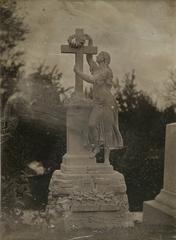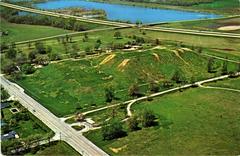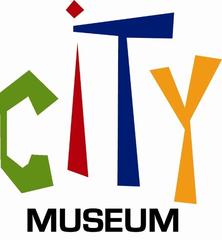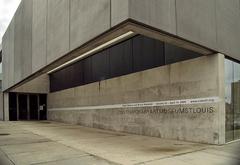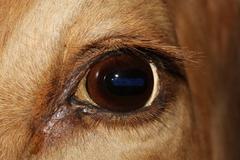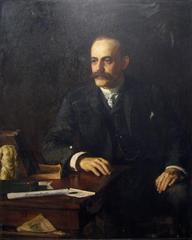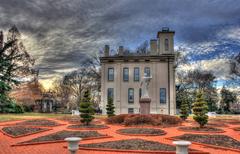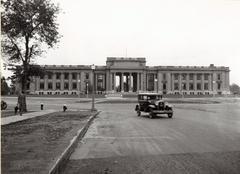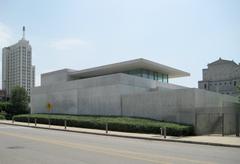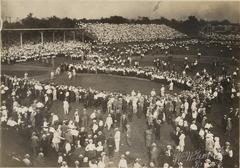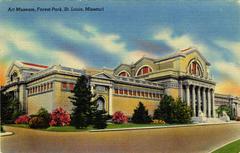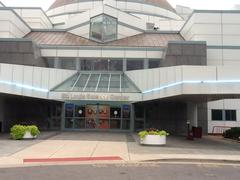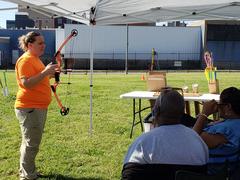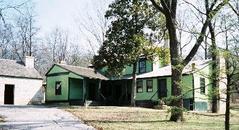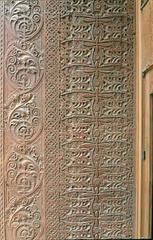
Barnes-Jewish Hospital Visiting Hours, Tickets, and St. Louis Historical Sites Guide
Date: 03/07/2025
Introduction to Barnes-Jewish Hospital and Its Significance in St. Louis
Barnes-Jewish Hospital, located in St. Louis, Missouri, is a cornerstone of both the city’s medical community and its historical landscape. Formed from the merger of two pioneering institutions—the Jewish Hospital of St. Louis (founded in 1902) and Barnes Hospital (opened in 1914)—Barnes-Jewish Hospital has grown into Missouri’s largest hospital and a national leader in specialties such as oncology, digestive disorders, and urology. This hospital is not only renowned for its advanced healthcare and educational programs but also for its cultural impact, with its rich legacy preserved through exhibits at the Bernard Becker Medical Library. Visitors can view artifacts such as original hospital cornerstones, vintage nursing uniforms, and documents chronicling the evolution of inclusive medical care and innovation in the region (Becker Medical Library; Barnes-Jewish Hospital Wikipedia).
Centrally located in the vibrant Central West End neighborhood, near Forest Park and the Washington University Medical Center campus, Barnes-Jewish Hospital is not only a premier healthcare institution but also a destination for those keen on exploring St. Louis’s architectural, historic, and community landmarks. This guide provides essential information on visiting hours, tour options, accessibility, travel tips, and nearby attractions, ensuring all visitors—whether history buffs, medical professionals, or curious travelers—enjoy a rewarding and educational experience.
Table of Contents
- Introduction
- Origins and Early Development
- Growth, Merger, and National Recognition
- Visiting Barnes-Jewish Hospital: Hours, Tickets, and Tours
- Location and Travel Tips
- Historical Exhibits and Cultural Significance
- Notable Facilities and Modern Role
- Frequently Asked Questions (FAQ)
- Conclusion and Call to Action
- References and Further Resources
Origins and Early Development
The roots of Barnes-Jewish Hospital trace back to two distinct institutions with shared values of service and inclusivity. The Jewish Hospital of St. Louis, established in 1902, was dedicated to providing care regardless of creed or nationality and began in a modest building on Delmar Boulevard before relocating near Barnes Hospital to foster collaboration. Barnes Hospital, opened in 1914 through the philanthropy of Robert Barnes, was designed by architect Theodore Link and launched with a 373-bed capacity. Both hospitals quickly became known for their commitment to medical advancement and education, setting a strong foundation for future growth (Becker Medical Library; Barnes-Jewish Hospital Wikipedia).
Growth, Merger, and National Recognition
Throughout the 20th century, both hospitals expanded their services and earned national recognition. The Jewish Hospital School of Nursing—now part of the Goldfarb School of Nursing at Barnes-Jewish College—produced generations of nurses. In 1996, the two hospitals merged to form Barnes-Jewish Hospital, making it the largest hospital in Missouri and the flagship of BJC HealthCare. The hospital continues to be recognized for its excellence in specialties such as cancer care, digestive diseases, ENT, and urology, holding a consistent place on U.S. News & World Report’s Honor Roll (Barnes-Jewish Hospital Wikipedia).
Visiting Barnes-Jewish Hospital: Hours, Tickets, and Tours
Visiting Hours
Barnes-Jewish Hospital operates as an active medical facility, prioritizing patient care. General visiting hours are typically from 8 a.m. to 8 p.m. daily, though specific departments may have adjusted hours. The Bernard Becker Medical Library’s Glaser Gallery, which houses many historical exhibits, is open Monday through Friday, 8 a.m. to 6 p.m., with occasional weekend hours during special exhibitions.
Tickets and Admission
Admission to the Becker Medical Library’s historical exhibits is free. No tickets are required for general visits to the hospital or its exhibits. However, if you are visiting as part of a group or wish to arrange a guided tour, it is recommended to schedule in advance with the library or hospital visitor services.
Guided Tours and Special Events
The Bernard Becker Medical Library periodically offers guided tours and special events showcasing the hospital’s history and medical achievements. These events are announced on the library’s website and social media channels. For up-to-date information or to arrange a group tour, contact the library directly.
Accessibility
Both Barnes-Jewish Hospital and the Becker Medical Library are fully accessible to visitors with disabilities. Facilities include wheelchair access, accessible parking, and assistance services. Visitors with special accessibility needs are encouraged to contact the hospital in advance or consult the official website for detailed information.
Location and Travel Tips
Barnes-Jewish Hospital is located in the Central West End neighborhood of St. Louis, adjacent to Forest Park and the Washington University Medical Center. The hospital is accessible via public transportation, with several MetroLink and bus routes serving the area. Ample parking is available on-site and in nearby garages. The neighborhood offers a range of dining, lodging, and cultural options, making it convenient for visitors to combine their hospital visit with sightseeing or leisure activities.
Historical Exhibits and Cultural Significance
The Bernard Becker Medical Library preserves and displays artifacts from the hospital’s long history, including the original 1901 cornerstone, World War II-era newsletters, and historic nursing uniforms. The rotating exhibit, “‘Skill, tenderly applied, works wonders’ – A History of The Jewish Hospital of St. Louis,” invites visitors to engage with the past through real objects and stories that illuminate the hospital’s enduring legacy (Becker Medical Library).
Notable Facilities and Modern Role
Today, Barnes-Jewish Hospital features state-of-the-art facilities such as a heliport for emergency air ambulance services and advanced surgical and research centers. Its strong partnership with Washington University School of Medicine ensures ongoing leadership in clinical care, education, and medical innovation. As a major employer and educator in the St. Louis region, Barnes-Jewish continues to play a vital role in community health and development (Barnes-Jewish Hospital Wikipedia).
Frequently Asked Questions (FAQ)
Q: Are there entrance fees to visit Barnes-Jewish Hospital or its exhibits?
A: No, both hospital visits and entry to the Becker Medical Library’s historical exhibits are free.
Q: When is the best time to visit the historical exhibits?
A: The Becker Medical Library’s Glaser Gallery is open Monday through Friday, 8 a.m. to 6 p.m. Special weekend hours may be offered during featured exhibits.
Q: Are guided tours available?
A: Guided tours are occasionally available through the Becker Medical Library. Check their website or contact visitor services for details.
Q: Is the hospital accessible to visitors with disabilities?
A: Yes, Barnes-Jewish Hospital and the Becker Medical Library are fully accessible. Visitors can request accommodations in advance.
Q: How can I reach the hospital by public transportation?
A: Multiple MetroLink and bus routes serve the Central West End area. For detailed schedules, visit the St. Louis Metro Transit website.
Conclusion and Call to Action
Barnes-Jewish Hospital is more than a center for healthcare—it is a monument to medical innovation, education, and community service in St. Louis. Visitors can explore its storied past through engaging exhibits, take advantage of comprehensive visitor amenities, and experience firsthand the ongoing impact of this landmark institution. For the most fulfilling visit, review current visiting hours, consider joining a guided tour, and stay connected with the hospital and Becker Medical Library for updates on special events and exhibits.
For more visitor information, visit the official Barnes-Jewish Hospital website: www.barnesjewish.org and the Bernard Becker Medical Library: becker.wustl.edu.

